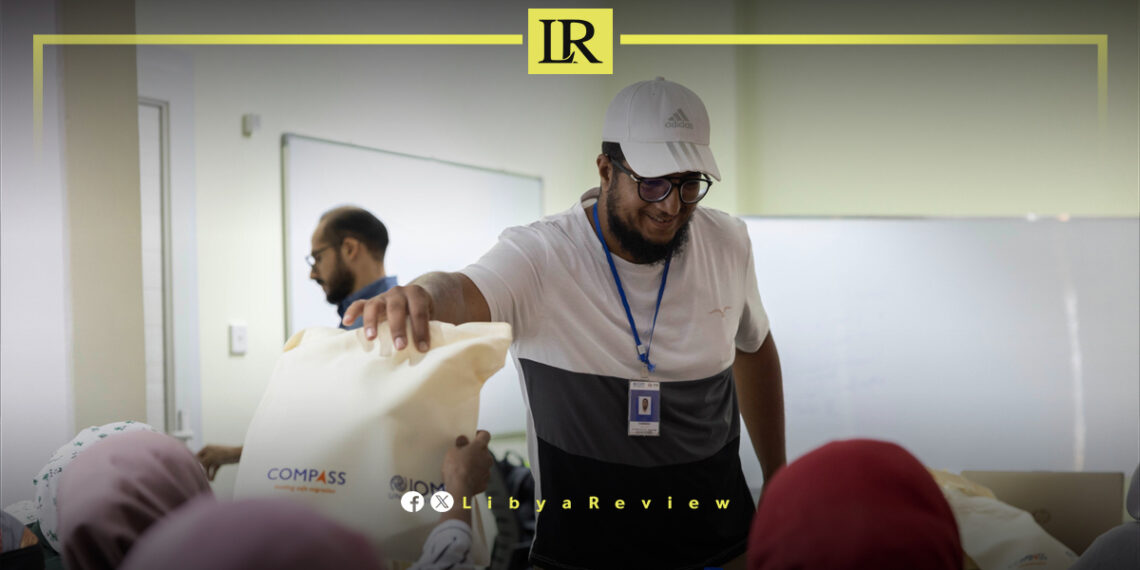The International Organisation for Migration (IOM) is hosting a series of community dialogues with Sudanese communities in Tripoli and Benghazi. These discussions aim to address critical challenges faced by these communities amidst the ongoing crisis in Sudan and their subsequent displacement to Libya.
The dialogues serve as a platform for raising awareness on Gender-Based Violence (GBV), a significant issue exacerbated by the current circumstances. By engaging directly with the Sudanese communities, IOM seeks to tailor its support to their specific needs, ensuring that interventions are well-informed and effective.
The initiative also aims to strengthen collaboration between IOM, local authorities, and community leaders. This partnership is expected to improve the overall situation for Sudanese migrants and refugees in Libya, providing them with better access to resources and protection.
IOM remains committed to supporting vulnerable communities across Libya, and these dialogues represent a critical step toward understanding and addressing the unique challenges Sudanese migrants face in their host country.
Libya has been in chaos since a NATO-backed uprising toppled longtime leader Muammar Gaddafi in 2011. The county has for years been split between rival administrations.
Libya’s economy, heavily reliant on oil, has suffered due to the ongoing conflict. The instability has led to fluctuations in oil production and prices, impacting the global oil market and Libya’s economy.
The conflict has led to a significant humanitarian crisis in Libya, with thousands of people killed, and many more displaced. Migrants and refugees using Libya as a transit point to Europe have also faced dire conditions.
The planned elections for December 2021 were delayed due to disagreements over election laws and the eligibility of certain candidates. This delay has raised concerns about the feasibility of a peaceful political transition.
Despite the ceasefire, security remains a significant concern with sporadic fighting and the presence of mercenaries and foreign fighters. The unification of the military and the removal of foreign forces are crucial challenges.


